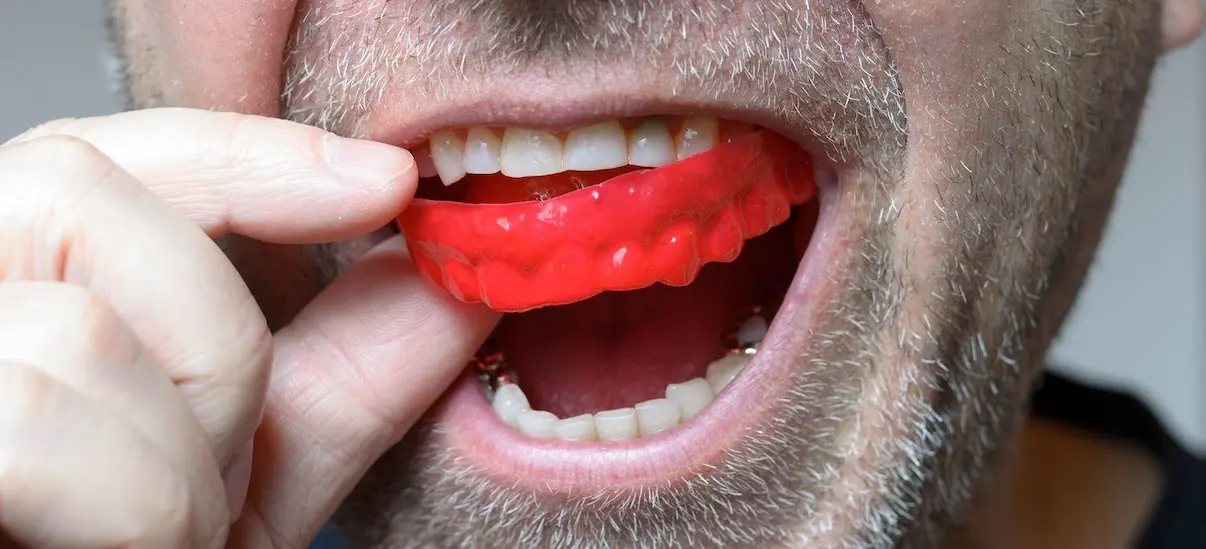Submit Request ...
-
Forums
How can I stop grinding my teeth when I'm asleep?

My partner says it looks like I grind my teeth while I'm sleeping. How can I tell for sure, and what can I do about it?
Nighttime teeth-grinding is common, but it can be difficult to detect this unconscious habit because you're, well, unconscious. If your sleep partner doesn't happen to tell you about facial movements that look like you're grinding your teeth, you might figure it out after you wake up with jaw pain, sore or sensitive teeth, neck pain, or a headache or earache.
If teeth-grinding continues for months or years, it can lead to sore gums; loose or broken teeth; or jaw clicking and pain, along with difficulty chewing. Clearly, it's not something you should ignore.
The first step to address teeth-grinding (also called bruxism) is visiting a dentist. After examining your mouth and jaw to confirm the problem, she can devise a solution that may include:
✓ a fitted mouth guard to prevent your teeth from rubbing together.
✓ a short-term course of prescription muscle relaxants.
✓ relaxation training or techniques to lower anxiety and stress levels.
Articles are reviewed by Dr. Moein Taghvi. This information is for educational purposes only. This content is not intended to be a substitute for professional medical advice, diagnosis or treatment. Always seek the advice of your dentist, physician or other qualified healthcare provider.
Please let us know what you think!